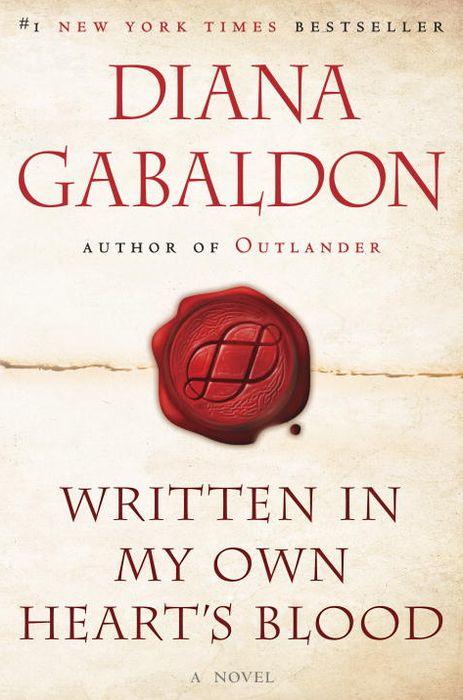About Novel books
Whatever the volume, the novel books always offer the reader an action unfolded in an integral artistic space, and not just one episode or a bright moment. Novel (from French roman, originally a work in Romance languages) is a major form of the epic genre of literature.
Unlike epic poetry, the novel focuses on the depiction of a person in conjunction with complex life (social, historical, psychological, etc.) factors. The novelist is most accustomed to addressing the purely domestic concerns of his characters; unlike the fabulist or the author of allegories, he does not make them bearers of abstract qualities and emblematic meanings. And if the figure of the prodigal son from the gospel parable serves only to reveal the idea of Christian forgiveness, then Dostoevsky’s heroes, tormented by the consciousness of their own sin, exist either as living bearers of their heavy internal conflicts or do not exist at all.
The novel must be distinguished from other narrative forms with which it once competed and which it eventually surpassed in popularity. Unlike myths and legends, he does not borrow his stories directly and entirely from traditional sources. Even when this happens, say in Joyce’s Ulysses, the myth is translated into the language of contemporary reality, preserving the emotional tone of the older material.
Elements of the novel books
A completely finished fictional world unfolds before the reader of the novel. The reader must perceive all the information provided by the author: temporal, spatial, and conceptual. In order to fully perceive the novel, one needs to enter into the details of the plot, and then move from the details to the general meaning of the entire structural whole.













